What is AntiMO?
AntiMO – Antimicrobial Optimisation
AntiMO is the innovative digital decision support solution for doctors and healthcare facilities to optimise patient care and combat antibiotic resistance. AntiMO supports healthcare professionals in identifying patients at risk of infection with multi-drug resistant bacteria in a timely and accurate manner, even anticipating antibiogram results through the use of advanced artificial intelligence models.
Identify patients at risk of infections with multi-resistant microorganisms at an early stage
Anticipate antibiogram results through predictive models based on clinical data
Reduce inappropriate use of antibiotics, helping to combat antibiotic resistance
What does AntiMO do?
Data Visualization
Monitoring of resistance trends and spread of resistant bacteria through an advanced dashboard
Real-time data analysis to adapt prevention and control strategies
Integration with Point of Care
Rapid identification of infectious microorganisms (e.g. FLUA/B, SARS-CoV2, C. difficile, Legionella, RSV)
Interoperability with rapid detection systems for efficient workflow
Guidelines
Indication of treatment options recommended by the WHO AWaRe guidelines
Monitoring compliance of antibiotic prescriptions to reduce misuse
Virtual Antibiotic Susceptibility Tests
Prediction of antibiotic resistance through AI models trained on clinical data
Visualisation of results according to AWaRe (Access, Watch, Reserve) classification
Continuing Education
Management and distribution of training content for healthcare personnel
Monitoring the progress of users to ensure compliance with antimicrobial stewardship objectives

Why AntiMO?
Optimisation of Empirical Therapies
Improvement of treatment efficacy and reduction of antibiotic misuse
Monitoring of Resistance Trends
Development of prevention strategies based on accurate and up-to-date data
Improving Patient Outcomes
More timely and appropriate treatment, reducing the risk of complications
Reduced Healthcare Costs
Optimisation of resources and reduction of costs associated with resistant infections
Data Standardisation
Uniform and comparable data collection for effective global collaboration






